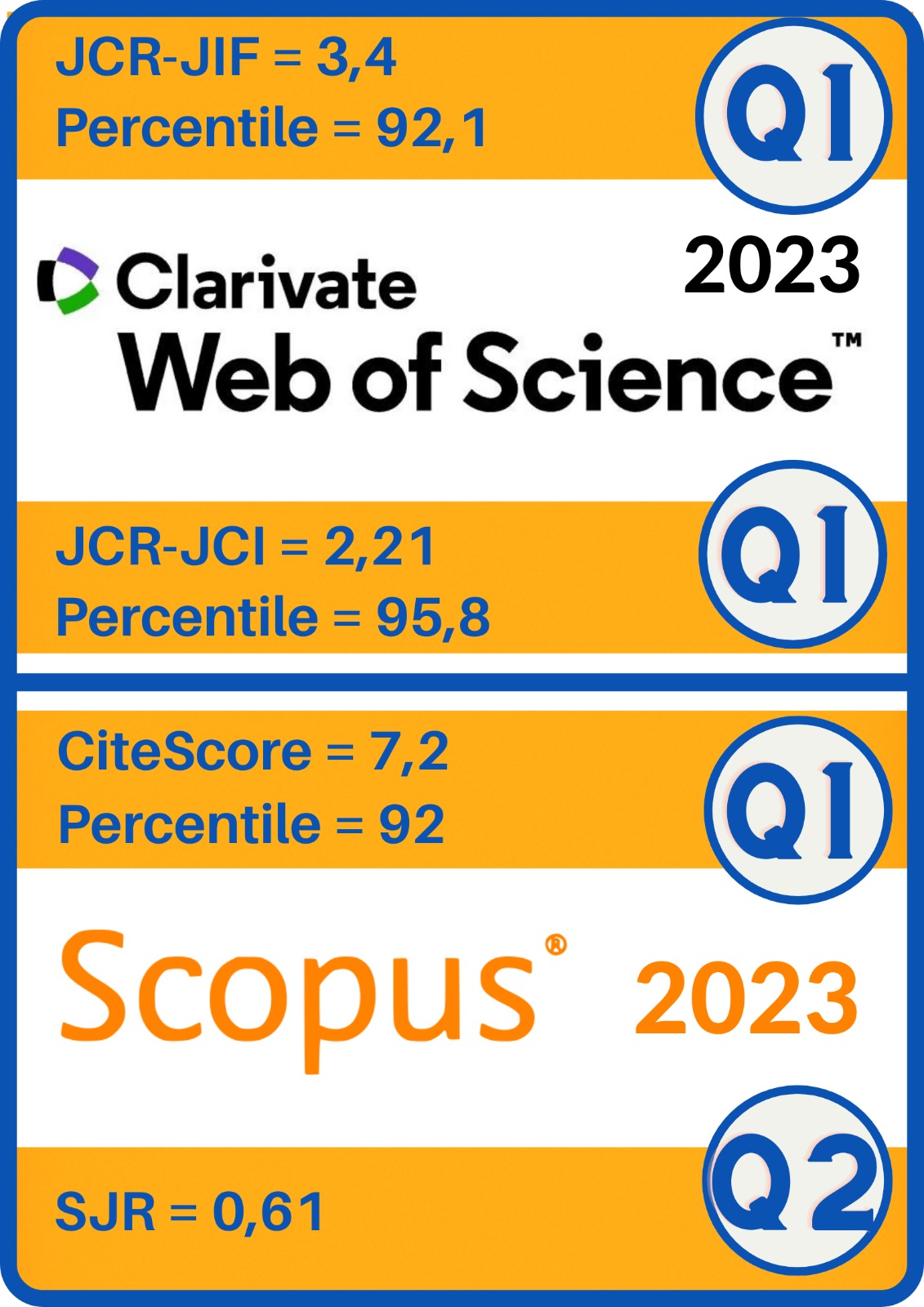Quality evaluation in distance undergraduate courses in Brazil
DOI:
https://doi.org/10.5944/ried.18.1.13802Keywords:
Quality in education, Quality in distance education, Evaluation.Abstract
This paper, which is the result of a doctoral thesis, investigates aspects related to the quality assurance of distance undergraduate courses in Brazil. It provides a critical analysis of the Brazilian distance education system and compares it with the international accreditation process used in the USA. The study consists of a qualitative and descriptive analysis, several case studies, a literature review, and interviews with the evaluators and the coordinators
of distance-run undergraduate courses (D.Ed.). The data from the instruments were then processed according to Discourse Textual Analysis (DTA). The evaluation process for undergraduate distance education courses in the USA was evaluated by identifying those quality indicators adopted by international accreditation agencies. Based on the analysis of the evaluation process of distance undergraduate courses in Brazil, a further study was carried out about the results and impacts of the Brazilian system, especially the indicators used and the level of confidence that existed when measuring the quality of distance-based undergraduate courses. As a result of this research, our researchers observed there was a real need to establish a quality assurance benchmark in Brazil along these conceptual lines, namely one that represents quality in D.Ed. and includes the usage of indicators that reflect the excellence of the degree course that are offered. This level of excellence is assessed on the basis of the training, experience, knowledge and skills of the evaluators, as well as on clear, precise and transparent criteria for measuring the quality-based distance degree courses. On the other hand, it is also necessary to be equipped with a Bank of Evaluators – not only for those who work in this field, but also for a group of experts that is large enough to implement the Brazilian evaluation system in distance education programs.
Downloads
References
Dias Sobrinho, J. (2000). Avaliação da Educação Superior. Rio de Janeiro: Vozes.
Faria, E. (2002). Interatividade e Mediação Pedagógica na Educação a Distância. PUCRS: Porto Alegre.
Funghetto, S. (2012). Novos Instrumentos de Avaliação de Cursos de Graduação. Recuperado de http://www.abmes. org.br/abmes/public/arquivos/ documentos/2011-07-04-Suzana-INEP. pdf.
Limana, A. (2012). Desfazendo mitos: o que estão fazendo com o SINAES? Recuperado de http://www.scielo.br/ pdf/aval/v13n3/18.pdf
Maia, C., e Mattar, J. (2007). ABC da EAD: a educação a distância hoje. São Paulo: Pearson.
Moraes, R., e Galiazzi, M. (s/f). Análise Textual Discursiva. Ijuí: Unijuí.
Netto, C., Giraffa, M., e Faria, E. (s/f). Graduações a Distância e o Desafio da Qualidade. Porto Alegre: EDIPUCRS.
Torres, P., Vianney, J., e Roesler, J. (2009). Educación Superior a Distancia em Brasil. In La Educación Superior a Distancia em America Latina y El Caribe: realidades y tendências. Palhoça: Ed. Unisul.
Verhine, R., (s/f). O Novo Alfabeto do SINAES: reflexões sobre IDD, CPC e IGC. Belo Horizonte: ENDIPE.
Downloads
Published
How to Cite
Issue
Section
License
The articles that are published in this journal are subject to the following terms:
1. The authors grant the exploitation rights of the work accepted for publication to RIED, guarantee to the journal the right to be the first publication of research understaken and permit the journal to distribute the work published under the license indicated in point 2.
2. The articles are published in the electronic edition of the journal under a Creative Commons Attribution 4.0 International (CC BY 4.0) license. You can copy and redistribute the material in any medium or format, adapt, remix, transform, and build upon the material for any purpose, even commercially. You must give appropriate credit, provide a link to the license, and indicate if changes were made. You may do so in any reasonable manner, but not in any way that suggests the licensor endorses you or your use.
3. Conditions for self-archiving. Authors are encouraged to disseminate electronically the OnlineFirst version (assessed version and accepted for publication) of its articles before publication, always with reference to its publication by RIED, favoring its circulation and dissemination earlier and with this a possible increase in its citation and reach among the academic community.








